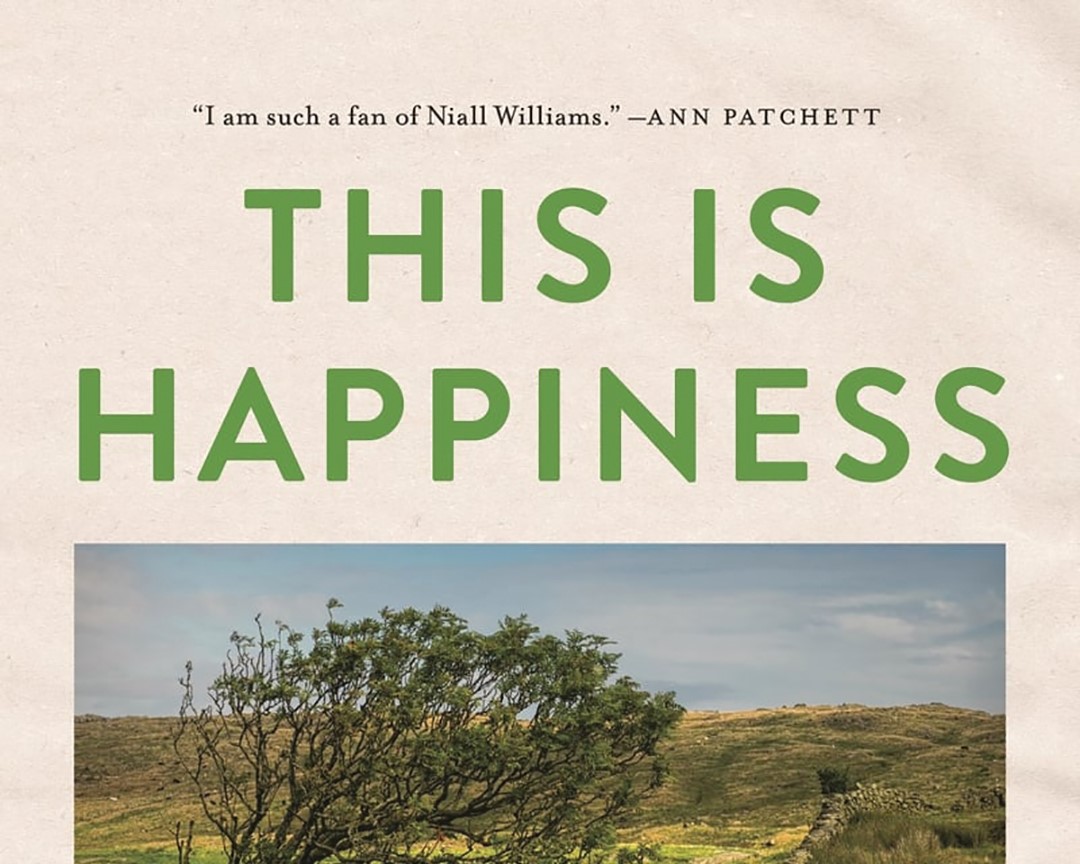
Jeff Dykstra is co-founder and CEO of Partners in Food Solutions. Photo: Partners in Food Solutions
Jeff Dykstra lives in Edina these days, but when he lived in Zambia he was bothered by the way he got his peanut butter. “I’d go to the store for peanut butter … it was imported a great distance from South Africa … and as I drove home with it I’d pass Zambians raising peanuts.” He knew if the peanuts being raised by Zambian farmers could be processed into peanut butter, and then gotten onto grocery stores shelves and sold right there in Zambia, everyone would benefit.
Dykstra is the co-founder and CEO of a nonprofit called Partners in Food Solutions which began as a project within General Mills. The original idea was that General Mills had both the expertise and the workforce to offer guidance and advice and technical information to companies operating in Africa trying to improve efficiency or develop markets. It isn’t just about turning peanuts into peanut butter, it’s about the whole food chain and about markets and distribution chains and getting the right raw materials in the right place at the right time.
“These are issues and problems common to the whole industry,” Dykstra says. “General Mills has 150 years of know-how to share.”
The work of Partners in Food Solutions isn’t just to get food to people—the organization is structured to share knowledge and to answer questions. The basic principle is cross-sector partnerships that support emerging companies and help with problem solving. It isn’t a top-down relationship. Dykstra’s team doesn’t go into Africa and tell companies what they should be doing. The people on the ground who are trying to make things work ask for help and then—as the name implies—a partnership is developed. The organization works with other nonprofits and foundations, like the Gates Foundation and is supported by a group of international food industry companies, some of them household names: General Mills, Cargill, Buhler, DSM, Hershey and Ardent Mills.
The model has been so successful in the food industry the Bush Foundation has given Dykstra a fellowship to support his research to see where and how these cross-sector relationships might work in other industries.
“Business can be—and needs to be— a force for good,” Dykstra says. The Bush Foundation grant will provide him the resources to become an effective leader.
“Any medium to large company has tens of thousands of work hours lying around in one to two hour increments that could be gathered and focused,” he says. And when those hours are focused, the companies gain some benefit as well. “Employees are working on issues that they deal with in their ‘day jobs.’ So you aren’t doing anything for a food distribution company in Africa that you wouldn’t do for the same kind of project somewhere in America or Europe,” he says. “The employees of these companies gain skills working on projects that are beneficial to their company as well. Good things come back to them.”
And, while Dykstra believes many of the benefits that come back to established businesses offering help are intangible, it doesn’t escape his notice that growing these markets is also growing future consumers. That’s just one more way cross-sector cooperation projects benefit first world corporations.
Dykstra wants to use the Bush grant to pull together research that will encourage big business leaders in all fields to look at how effective partnerships with emerging market companies can be and ask themselves what their company can do.
“Business can do well by doing good,” he says.





















